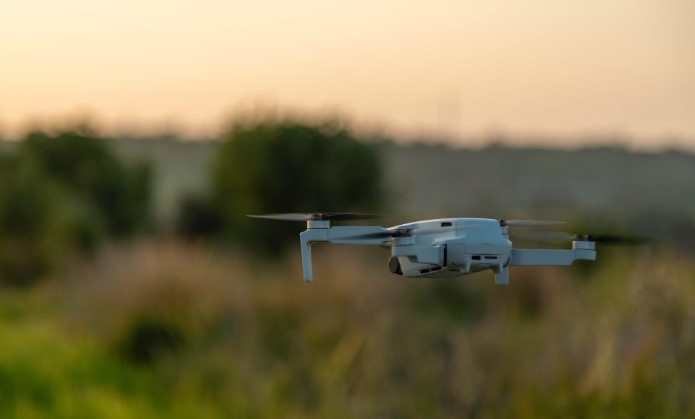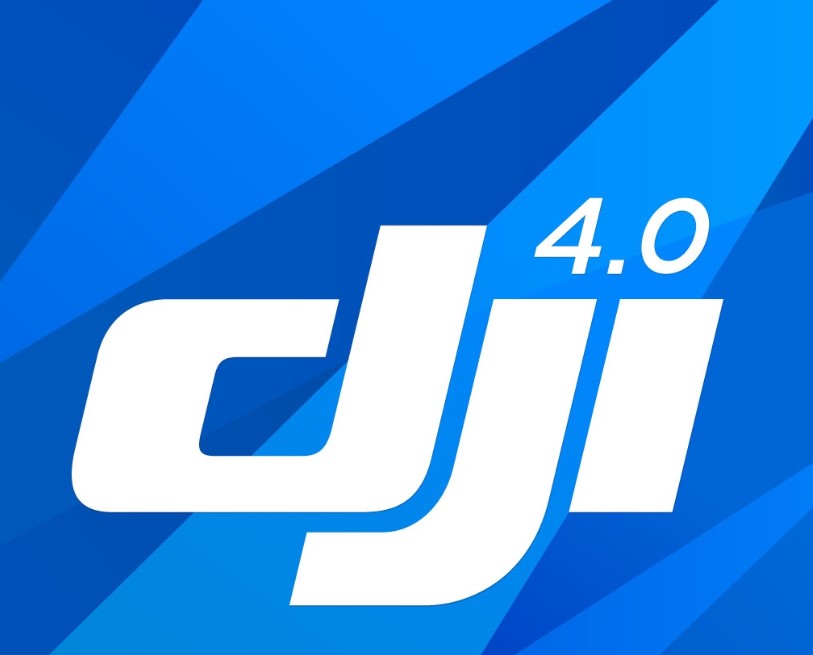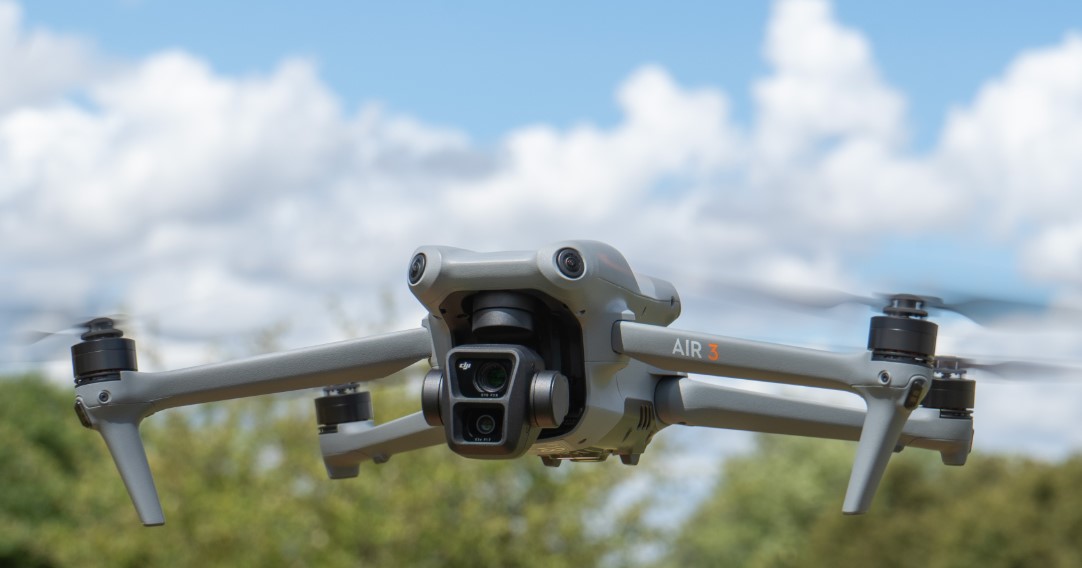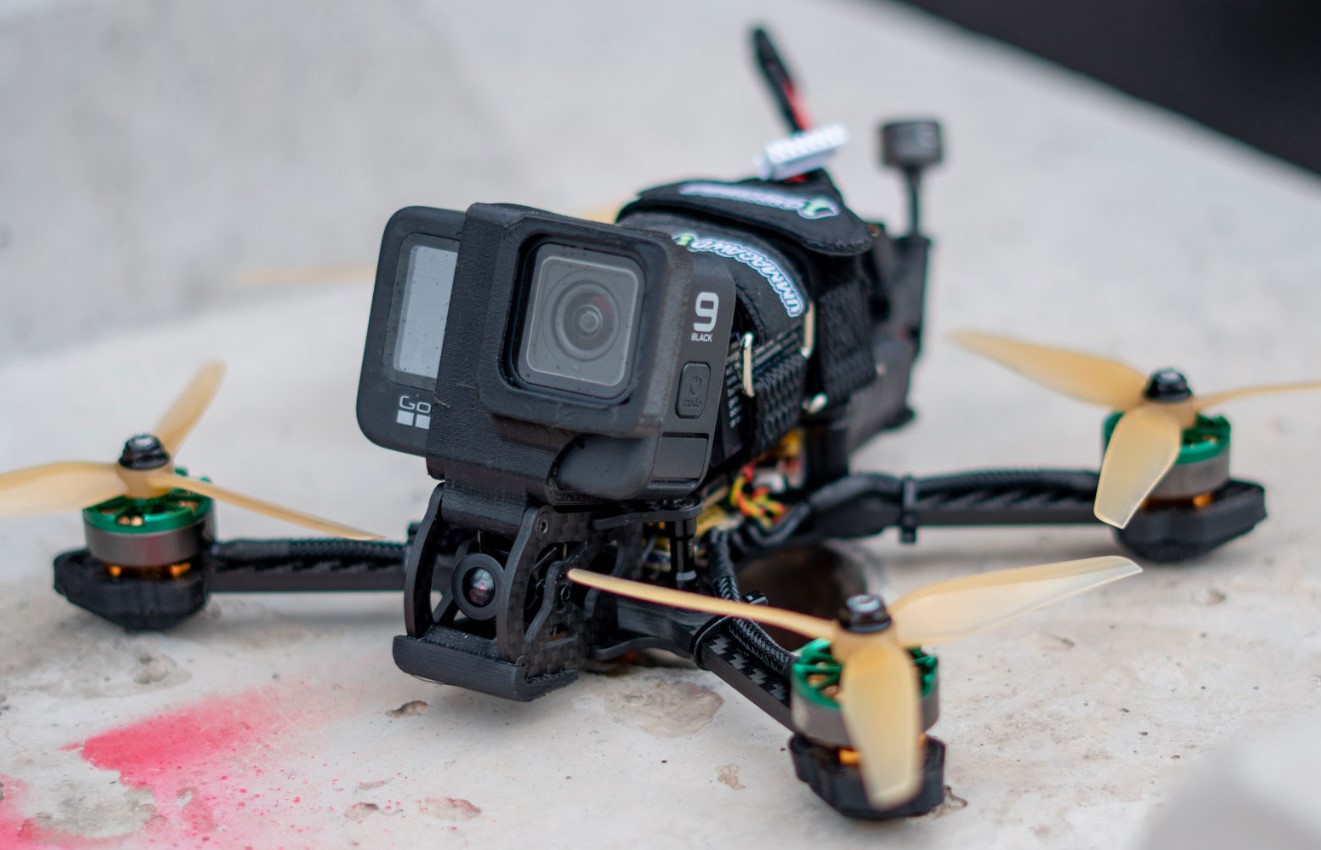Drone technology has rapidly evolved over the past decade, finding applications in various industries ranging from agriculture to filmmaking. Among its many uses, drones have become an innovative tool for wildlife management, including deer recovery. But the question remains: is drone deer recovery legal in Iowa? This essay delves into the legality, ethical considerations, and practical implications of using drones for deer recovery in the state of Iowa. Follow Dronevoz.com !!!
Understanding Drone Deer Recovery
Drone deer recovery involves deploying drones equipped with cameras and thermal imaging to locate deer that have been shot but not immediately found. The technology can help hunters recover game more efficiently, especially in dense forests or challenging terrains. Proponents argue that drones reduce the risk of losing game, minimize animal suffering by expediting recovery, and make the process more ethical. However, opponents cite concerns about fair chase principles, potential disturbance to wildlife, and the risk of abuse, such as using drones for hunting rather than recovery.
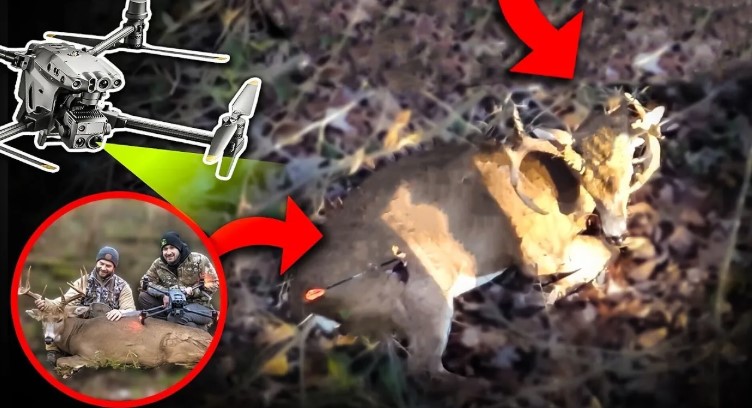
Is Drone Deer Recovery Legal in Iowa?? Iowa’s Hunting and Drone Regulations
To assess the legality of drone deer recovery in Iowa, it is essential to examine the state’s hunting regulations and drone laws. The Iowa Department of Natural Resources (DNR) oversees hunting activities and enforces laws designed to ensure ethical hunting practices, wildlife conservation, and safety. Additionally, drone usage in Iowa falls under both state and federal regulations.
- Hunting Regulations
Iowa’s hunting laws emphasize fair chase principles, which require that hunters give game animals a reasonable chance to escape. The use of technology that undermines this principle is generally prohibited. For instance, the state bans the use of motor vehicles, aircraft, and certain electronic devices for hunting or locating game.
The Iowa DNR explicitly prohibits the use of drones for spotting, chasing, or hunting game animals. This rule aligns with the state’s commitment to maintaining traditional hunting ethics and preventing unfair advantages. While drones can’t be used during the hunt, the regulations surrounding post-hunt activities, such as recovery, are less explicit.
- Drone Laws
Drone operations in Iowa must comply with Federal Aviation Administration (FAA) regulations and state-specific laws. The FAA classifies drones as unmanned aircraft systems (UAS) and requires operators to follow guidelines for recreational and commercial use. In Iowa, drones cannot be used to harass wildlife, invade privacy, or interfere with law enforcement activities.
The intersection of hunting laws and drone regulations creates a gray area regarding the use of drones for deer recovery. While drones are banned for hunting, their application for recovering legally harvested game is not explicitly addressed in Iowa’s hunting regulations. This ambiguity has led to varying interpretations and enforcement practices across the state.
>>> Read: Is Drone Deer Recovery Legal in Wisconsin?
Arguments For and Against Drone Deer Recovery
The debate over drone deer recovery in Iowa centers on ethical, practical, and environmental considerations.
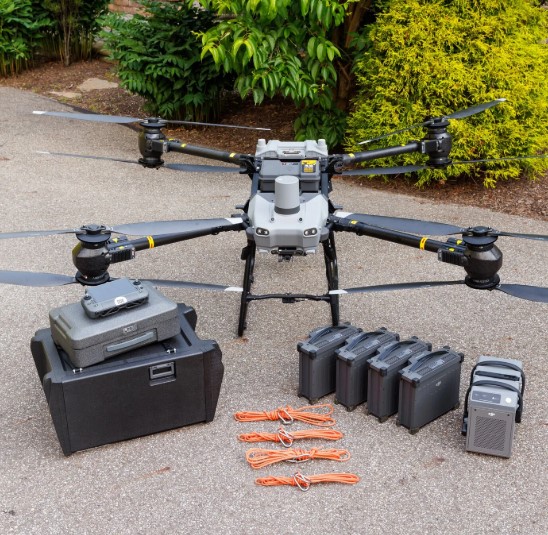
Arguments in Favor
- Efficient Recovery: Drones equipped with thermal imaging can locate downed deer quickly, reducing the likelihood of losing game and ensuring that the meat is salvaged in good condition.
- Reduced Environmental Impact: Traditional recovery methods, such as using tracking dogs or searching on foot, can disturb habitats. Drones, being airborne, minimize ground disturbance.
- Enhanced Ethical Practices: By expediting recovery, drones help minimize the suffering of wounded animals, aligning with ethical hunting principles.
- Cost-Effective Tool: Compared to hiring professional trackers or deploying other resources, drones can be a more affordable option for hunters.
Arguments Against
- Fair Chase Concerns: Critics argue that even post-hunt recovery with drones could erode the fair chase ethic by introducing technology into a traditionally manual process.
- Potential for Abuse: There is a risk that hunters might misuse drones for scouting or hunting, violating state laws and undermining ethical hunting practices.
- Disturbance to Wildlife: The noise and presence of drones could disrupt other wildlife, potentially causing stress or altering natural behaviors.
- Legal Ambiguity: The lack of clear regulations regarding drone deer recovery creates enforcement challenges and inconsistencies.
Current Legal Status in Iowa
As of now, the use of drones for deer recovery in Iowa operates in a legal gray area. The Iowa DNR has not explicitly prohibited or permitted this practice, leaving it up to local conservation officers to interpret existing laws. In practice, hunters using drones for recovery should exercise caution and ensure compliance with all relevant regulations.
Best Practices for Hunters
Hunters in Iowa who wish to use drones for deer recovery should adhere to the following best practices to avoid legal complications:
- Seek Permission: Contact the Iowa DNR or local conservation officers to clarify the rules and obtain permission if necessary.
- Use Drones Responsibly: Ensure that the drone is used solely for recovery purposes and not for scouting or hunting.
- Follow FAA Guidelines: Operate drones within the parameters set by the FAA, including altitude limits and line-of-sight requirements.
- Respect Private Property: Avoid flying drones over private land without the owner’s consent.
- Minimize Wildlife Disturbance: Use drones judiciously to avoid causing unnecessary stress to other wildlife.
>>> Read More: Top 5+ Best Drone For Deer Recovery
Potential Future Developments
The increasing popularity of drone technology may prompt Iowa lawmakers and the DNR to revisit regulations related to hunting and recovery. Clear guidelines addressing the use of drones for post-hunt activities could help resolve the current ambiguity and ensure that technology is used ethically and sustainably.
Possible Regulatory Changes
- Permitting System: Iowa could introduce a permitting system allowing hunters to use drones for recovery under specific conditions.
- Time Restrictions: Regulations might limit drone usage to recovery efforts conducted within a certain timeframe after the hunt.
- Designated Areas: The state could designate areas where drone recovery is permitted, balancing hunter needs with wildlife conservation.
- Education and Training: Requiring hunters to complete training on ethical drone usage could mitigate potential abuses and promote responsible practices.
Conclusion
The question of whether drone deer recovery is legal in Iowa remains unresolved due to a lack of explicit regulations. While drones offer undeniable benefits for locating and recovering game, their use raises ethical, environmental, and legal concerns that cannot be ignored. Hunters in Iowa should exercise caution, prioritize ethical practices, and seek clarification from authorities before using drones for recovery purposes.
As drone technology continues to evolve, so too will the legal and ethical frameworks governing its use. By fostering a collaborative dialogue between hunters, lawmakers, and conservationists, Iowa can strike a balance that respects tradition, embraces innovation, and upholds the principles of fair chase and wildlife conservation.
